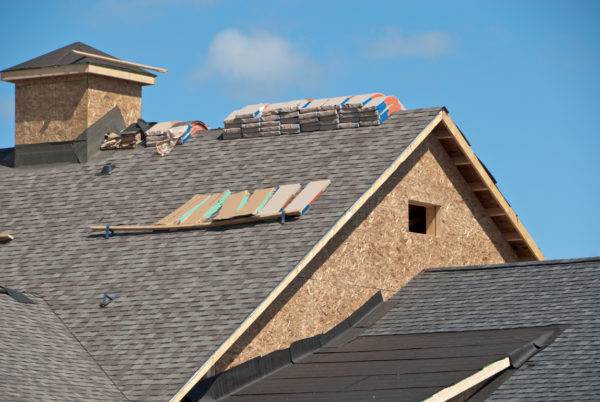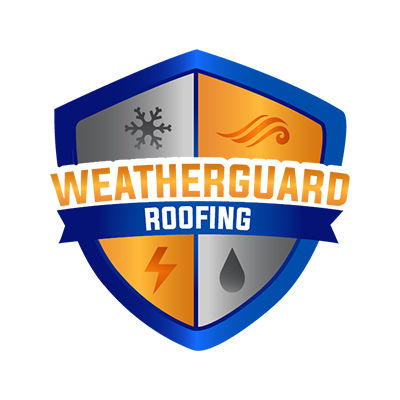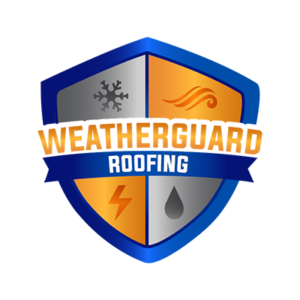When Is the Best Time of Year to Replace Your Roof?
 Do you know you need your roof replaced, but you’re not sure when would be the best time to schedule it? Getting a completely new roof doesn’t take long. In fact it can sometimes be done in one day. However, the weather is a major factor in roof replacement. Which bears the question, when is the best time of year to replace your roof?
Do you know you need your roof replaced, but you’re not sure when would be the best time to schedule it? Getting a completely new roof doesn’t take long. In fact it can sometimes be done in one day. However, the weather is a major factor in roof replacement. Which bears the question, when is the best time of year to replace your roof?
All of the seasons have their pros and cons for roof replacement. Here are the 4 seasons ranked by roofing companies.
- Fall. The absolute best season to replace your roof is the fall. The reason for this is that the weather tends to be dry, humidity is relatively low, and the temperatures are mild. Lower humidity allows roofing materials to avoid damage from moisture. Mild temperatures make the work easier on the roofing crew so they can work longer hours with fewer breaks and risks of heat-related health issues. Replacing your roof in the fall also allows plenty of time for the shingles to seal before the first snow of the season.The disadvantages of fall is that it can be rainier than the summer, and falling leaves can be a nuisance on wooded lots. It is also a busy season for roofing companies because of the ideal time period. Often summer jobs get pushed over into fall after a busy summer season, posing an additional challenge for scheduling.
- Spring. The second best season for roof replacement is spring. It has many of the same advantages as fall, such as milder temperatures and lower humidity. From an availability standpoint, it is easy to schedule with roofing companies because they have not yet hit their busy season.However, spring does tend to be a rainier season than fall, making it difficult to find a dry period of time to schedule. And scheduled projects may get pushed back, whether the project is yours or someone else’s that could affect your ability to schedule yours.
- Summer. The biggest advantage of roof replacement in summer is that it is typically very dry. With the exception of an occasional popup thunderstorm, most summer days are rain-free. And thunderstorms tend to occur later in the day or evening after the roof replacement is likely already done. The hot sun hitting the shingles helps them adhere well and prevent leaks.The problems with summer are the heat and humidity. The heat makes for grueling work conditions for roofers and the humidity can negatively affect the roofing materials. Scheduling roof replacement earlier in the summer means lower humidity.
- Winter. Although winter may be the least ideal season to have your roof replaced, it does have a few advantages. It is the least busy season for roofing companies, so you’ll likely have your choice of scheduling. As long as there is no snow, the weather is typically dry and very low humidity.There are some definite disadvantages to replacing your roof in the winter. The cold makes the materials more difficult to work with. And with less direct sunlight, the shingles will take longer to seal and may leave your roof susceptible to leaks. Roofing companies can take extra measures to prevent leaks, but that may come at an additional cost to you.
If you have a leaking roof, there is no bad season to have it replaced. Leaks can cause serious damage and must be addressed immediately. However, if your roof is merely aging and has no specific or urgent issues, it may be able to wait until an ideal season. Have it inspected by a professional roofing company to determine when would be the best time of year to replace your roof.
Experience Year-Round Excellence with Weatherguard Roofing
Weatherguard Roofing handles roof replacement projects during all seasons. If you need a new roof, whether it’s urgent or not, we will get your project in the books. Don’t put off an urgent need waiting for the best time of year to replace your roof. Any season is fine when your roof is leaking or severely damaged. Weatherguard Roofing guarantees our workmanship during all seasons.
Contact us at one of our 3 convenient locations:
- Livingston County: 810-229-6003
- Wayne County: 734-425-9665
- Oakland County: 248-344-4966

